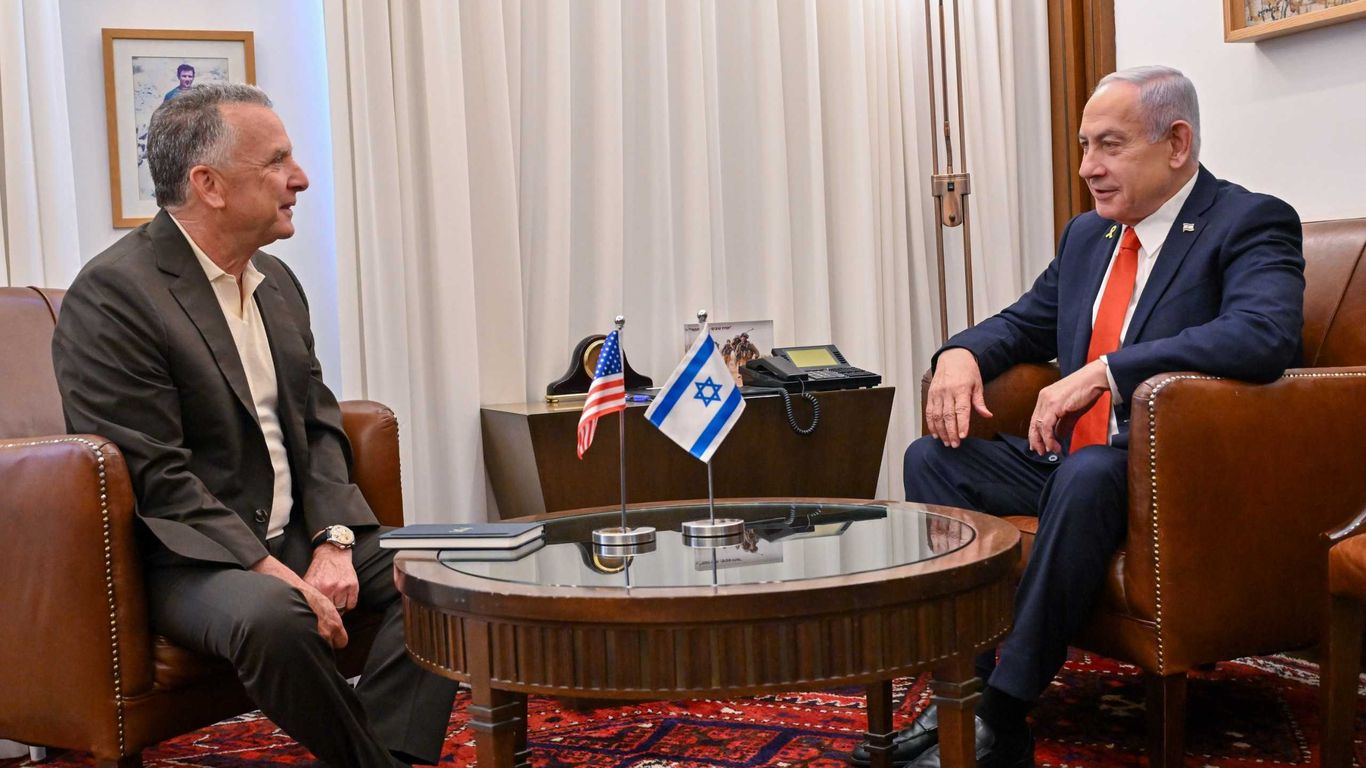President Trump is on the verge of approving a comprehensive new aid plan for Gaza, a move that follows intensive consultations and a direct assessment by his special envoy, Steve Witkoff. This impending approval signals a heightened commitment from the Trump administration to address the escalating humanitarian catastrophe unfolding in the region, focusing on immediate relief for the affected populace.
The decision comes as reports of widespread starvation and dire conditions in Gaza become increasingly alarming. President Trump has publicly acknowledged the severity of the crisis, vowing to increase U.S. aid while simultaneously urging other Western nations and Israel to significantly amplify their contributions. This emphasizes a shared global responsibility in confronting the immense humanitarian challenges.
Interestingly, Trump’s strong advocacy for humanitarian assistance runs parallel to his nuanced stance on the broader conflict. Despite widespread international calls for an immediate ceasefire, the President has suggested that Israel might need to intensify military pressure on Hamas to secure a critical hostage deal, highlighting the complex and delicate diplomatic balance the administration is attempting to strike in the Middle East.
At the heart of these diplomatic endeavors is Steve Witkoff, who recently held extensive discussions with Israeli Prime Minister Benjamin Netanyahu in Jerusalem. Accompanied by U.S. Ambassador to Israel Mike Huckabee, Witkoff is scheduled to visit Gaza to directly evaluate the situation and engage with Palestinian representatives. His firsthand observations will be crucial in shaping the final details of the aid plan and will form the basis of his briefing to President Trump.
Current aid distribution in Gaza primarily relies on the Gaza Humanitarian Foundation (GHF), a mechanism supported by both the U.S. and Israel. However, this method has faced significant criticism from international aid organizations and the United Nations due to its limited number of distribution centers, which often force Palestinians to undertake perilous journeys to access essential food and supplies.
Beyond humanitarian concerns, Witkoff’s discussions with Netanyahu also addressed the persistent deadlock in ceasefire and hostage negotiations. An Israeli official confirmed that talks explored a strategic shift from an incremental, partial agreement towards a more comprehensive deal, envisioning the release of all hostages, the disarmament of Hamas, and the complete demilitarization of the Gaza Strip.
This evolving understanding between Israel and the U.S. reflects a unified approach to addressing Hamas’s perceived intransigence. The pivot towards a comprehensive framework underscores a strategic re-evaluation aimed at resolving the multifaceted challenges in Gaza through a more decisive and lasting peace. Therefore, the forthcoming aid plan is not merely a humanitarian gesture but an integral component of broader Middle East diplomacy.
As the Trump administration navigates these intricate dynamics, the new aid plan represents a tangible step towards addressing the immediate needs of the population while simultaneously pursuing long-term stability. The outcomes of Witkoff’s visit and subsequent briefing will be pivotal in finalizing the contours of this critical humanitarian and diplomatic initiative, reflecting key US foreign policy priorities.






Leave a Reply